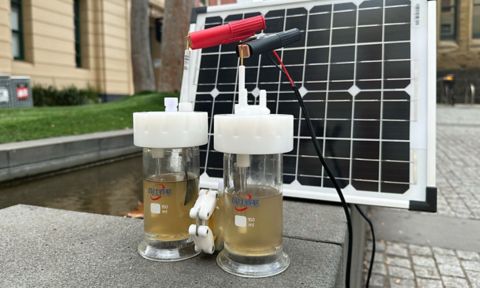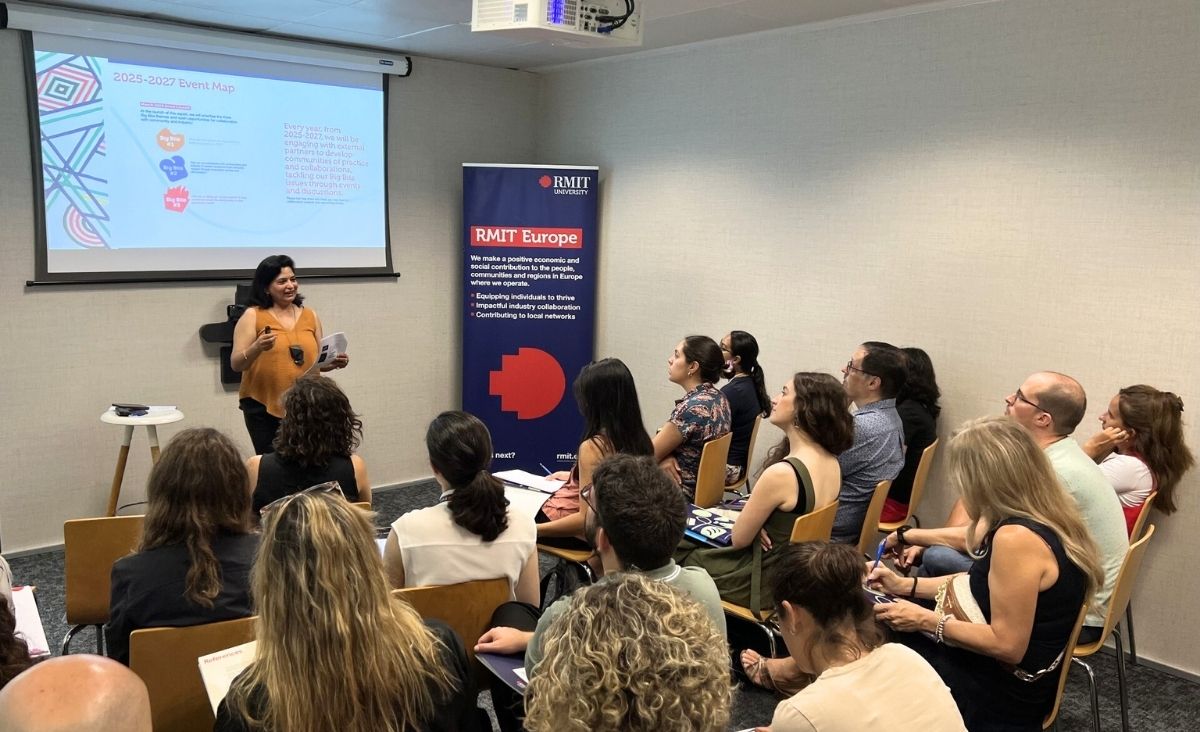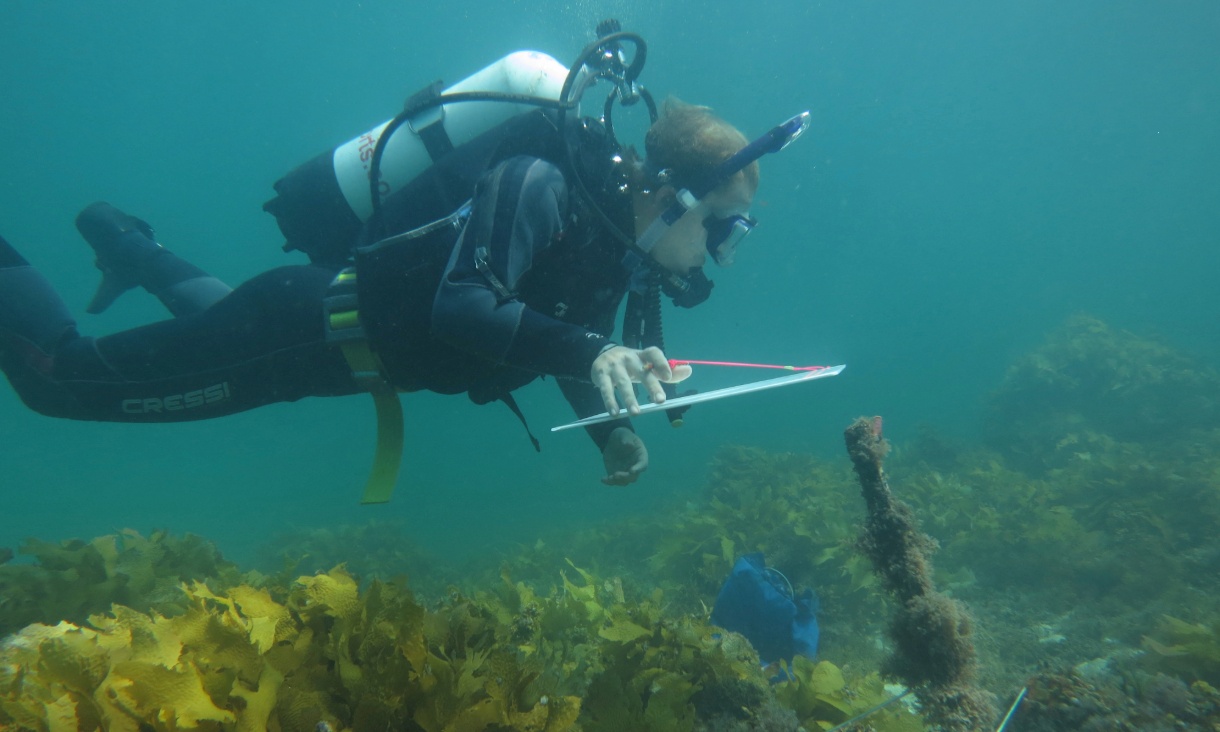Restored wetlands reap benefits for climate, drought-resilience after just one year: study
Reviving floodplain wetlands slashes carbon emissions by 39% and restores critical ecosystem functions in one year – without the methane spike typically seen in restored peatlands, a new study has found.
Wastewater contaminants boost green hydrogen production
Research led by RMIT University has developed an experimental invention to turn wastewater’s high contaminant load into an advantage for making green hydrogen that could reduce reliance on fresh water – a scarce resource in many parts of the world.
Congratulations to RMIT’s newly appointed Distinguished Professors
Judith Bessant from the School of Global, Urban and Social Studies and Martyn Hook from the School of Architecture and Urban Design have been awarded Distinguished Professorships.
RMIT earns award for supporting LGBTQIA+ inclusion
RMIT has received a third SAGE Cygnet Award in recognition of its work to create a safer, more inclusive environment for LGBTQIA+ staff and students.
Exploring everyday food practices to tackle global challenges
RMIT Senior Research Fellow Bhavna Middha is exploring how food is experienced and practiced in everyday life and how this understanding can shape solutions to global food-related challenges.
RMIT launches Australia’s first Regenerative Futures Institute
Launching in early 2026, the RMIT Regenerative Futures Institute (RFI) is set to become a pioneering force in advancing regenerative practices and sustainability innovation.
Sea urchin cull could deliver $92 million in ecosystem benefits: study
Restoring Port Phillip Bay’s dwindling kelp forests by culling overgrazing sea urchins would deliver more than $92 million in benefits, a new study has found.
Professor Tim Flannery joins RMIT
Leading environmentalist, scientist, writer and researcher Professor Tim Flannery has joined RMIT in the College of Design & Social Context.




.jpg)






